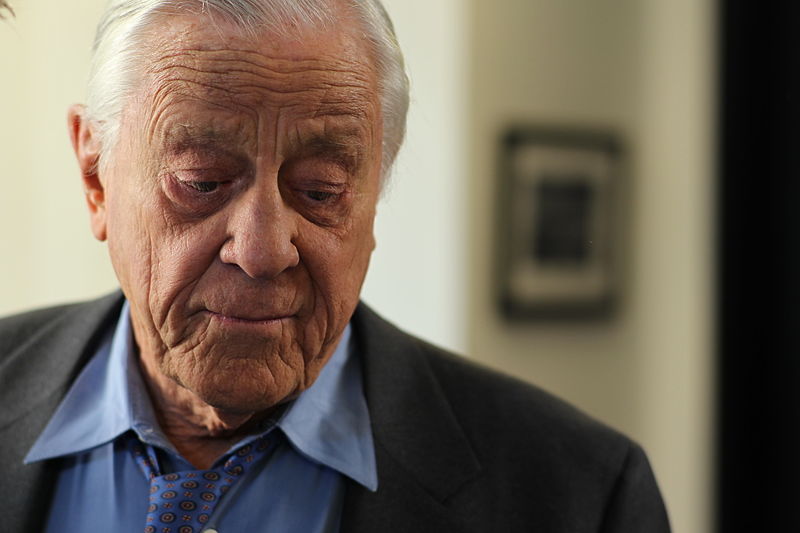
The Bradlee Effect
Perhaps it was easy to have a strong opinion if you were Ben Bradlee.
The late, legendary journalist and seventies-era Washington Post editor was known for his muscular views on such things as journalistic independence, but by then he was already a legend – especially after the Watergate scandal broke in 1972. Some would say that it’s easier to express strong views when you’re the Managing Editor than when you work in a cubicle as a mid- to junior-level journalist.
The irony is that I work with CEOs every day, and they are the ones who want to hear strong views and dissenting opinions. There is nothing that annoys most CEOs more than being surrounded by managers and advisors who will only tell them good news. One of the Medici popes, on being crowned, is supposed to have said “I have heard the truth for the last time”.
The people in most organizations who punish truth-tellers and holders of contrary opinions are the middle managers. That’s because middle managers almost always have more to lose from truth-tellers and strong views than they have to gain. The CEO – or Managing Editor – is in the corner office because they have demonstrated exceptional judgment and are at the top of their profession. The middle managers haven’t yet, and aren’t. Good CEOs think about the future of the organization and want to hear new ideas and views. Even good middle managers have to think about their careers and themselves. The CEO and the “crazy ideas” person on the bottom rung of the organization often have a great deal in common. They are free to dream.
Bradlee’s genius was not just in being a great journalist, but in encouraging greatness in others. To do that, he had to bring each middle manager along with him, to demonstrate that they would not be considered dull or a squeaky wheel if strong views came from members of their department. He more than once responded to nervous queries from staffers about publishing controversial stories with “If it’s the truth, I don’t give a ****”. Crude perhaps, but Bradlee was doing more than giving the OK to a line of journalism; he was also demonstrating to his middle managers that having courage and standing out would be rewarded.
It’s easy to decry middle managers, but they have the hardest job in any organization. They get pressure from both above and below, are in competition for promotion in a field where most don’t succeed, and depend heavily on peer popularity and support for the success of the projects on which they are judged. With daily demands from staff, constant evaluation by senior leaders and the need to please rather than to confide in peers, many middle managers feel very alone and unsupported. The organization pays the price. Staff feel ignored and suppressed, and CEOs get worthless assurances that all is well.
From the leadership of Ben Bradlee, we can take away three important messages for supporting truth and real, useful communication and involvement in organizations.
* Lesson One : If you are the boss, your job is not done when you demonstrate that you’re open to honesty, criticism and new ideas. That’s the easy part. Your real job is to make sure that your middle managers have the same openness, even though it’s much harder for them. Start today on a strategy for overcoming all the personal survival barriers that make middle managers suppress originality.
* Lesson Two : If you are a worker, NETWORK. Know that very few middle managers are truly open to strong viewpoints, originality, criticism or new ideas. So, you have to reach out. Only by having good networks within (and beyond) the organization will you have much chance of finding a middle manager who has overcome the fear barrier and really wants to champion you.
* Lesson Three: Now to the put-upon middle manager. Stop reacting and start acting. If you don’t know what the senior manager or CEO really values, ask. You may be surprised. If you can’t live with the answer, leave. If you can live with the answer, develop some skills for telling truth to power.
Remember that Bradlee succeeded only because he demonstrated unstinting support for strong feedback and courageous action. He led the Post successfully through the pressures of the Watergate scandal in 1972 by supporting – and insisting that his managers supported – two young journalists named Woodward and Bernstein. And in 1974, they brought down Richard Nixon’s presidency.
John Kolm is President and CEO of organizational development company Team Results USA. He worked as a Contributing Editor and cartoonist for 16 years for the Packer news organization.



Engage us on Facebook
Follow us on Twitter
Tweets by @mymcmedia